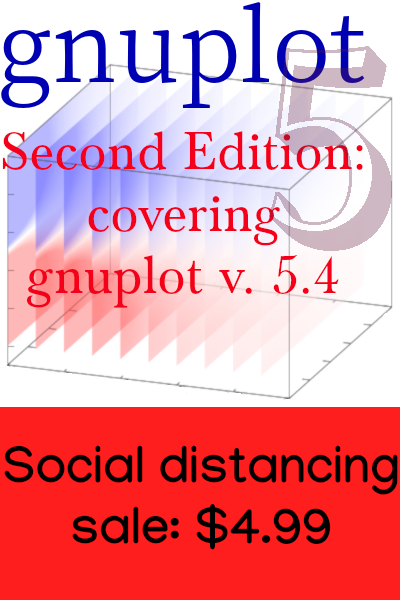Google Wave Preview
Google’s Wave is better than you think.
… If you think like me. I use mutt for email, and TeX for creating documents
. I think Twitter and Facebook are idiotic. So when I see something shiny and breathlessly collaborative
like this Wave thing, my first inclination is to shrug it off as another toy for the kids. I idly wonder if it will be around long enough for its inevitable security blindspots to be exploited, and then I go back to my curses applications and my snuffbox. video presentation. The one thing that makes this important is openness: not only are there APIs that will allow you to extend, embed, and use the Wave technologies, but you can run the thing on your server and be completely detached from Google. Wave is not merely a set of applications, but a new communications protocol, so the Wave stuff running on your server can communicate with Waves on other servers.
Wave was created by some of the people who made Google Maps, which is undeniably cool and useful, and also has a generous API; they seem to have done it again, in spades. I’m not going to try to describe what this is, as they do a fine job of that, but instead mention what seems most exciting about it. For instance, the open source and rich API means that someone could (and might have already) figured out how to let Wave coexist with my beloved archaic email infrastructure. In fact, here is a shot from the video showing a command-line implementation.

The presenters, by the way, who, I think, included the brothers who started the company that was bought by Google and whose product became Google Maps, provide a heady mixture of repulsiveness and charm. They were wearing wholly unnecessary Wave T-shirts, and I was intrigued that they seemed to have identical sweat marks, until I realized that the Wave logo was supposed to have a shadow beneath it. I liked them; they didn’t take themselves too seriously, but it was obvious they knew they had created something good, and the audience of developers was obviously impressed.
The Wave creators seem to have thought deeply about conversations on the internet and how to make them more useful, from truly intelligent spell checking and real-time language translation (see 1:13:40 or thereabouts in the video) to how to handle the problem of a thread that arises from a reply to something in the middle of an email. “Waves” can be embedded in web pages so that comments thereon can be unified with (whatever replaces) email and other messages. Keyboard shortcuts can be used, something that makes Google’s Reader and Gmail so much easier to use. The API and protocol even allows games to be played over Wave: see the chess game here.

As I think I’ve made clear, I’m not easily impressed by new ways to gossip on the internet. But the nature of Wave as a set of APIs and a protocol rather than someone’s closed, corporate-bound web service makes it important and relevant. The serious thought that has gone into this, not to mention Google’s brand, gives it a good chance of becoming something big, and actually replacing the disconnected array of communications channels (chat, email, web comments, etc.) that are starting to segregate people who just happen to prefer different technologies.
Other Articles
wave robot that draws sparklines.



